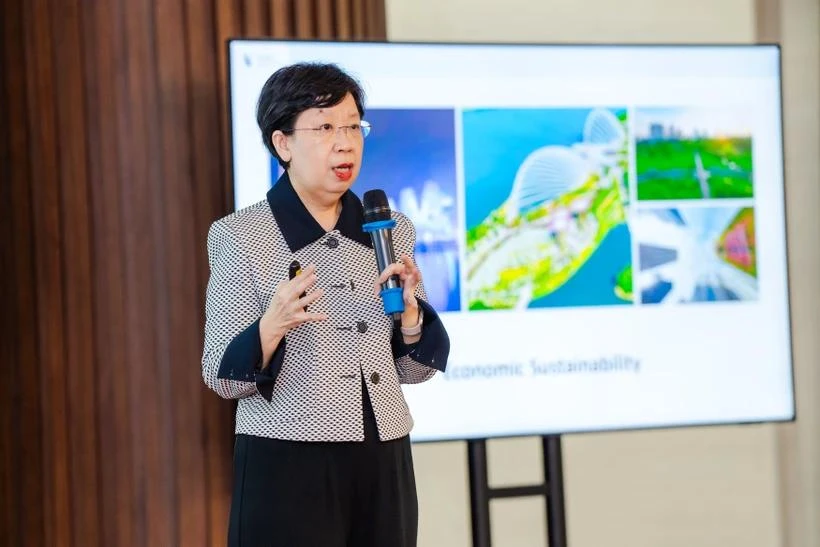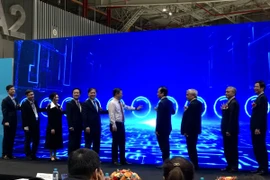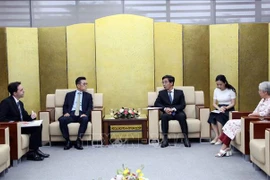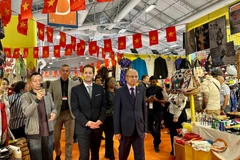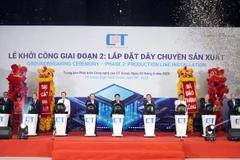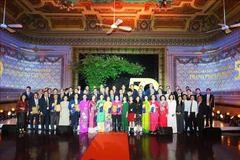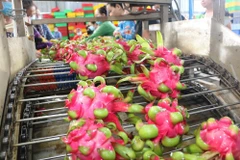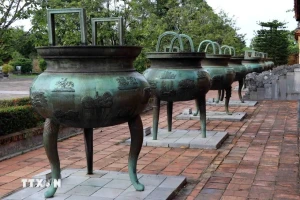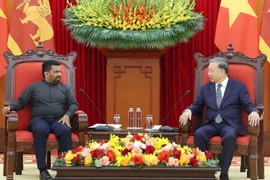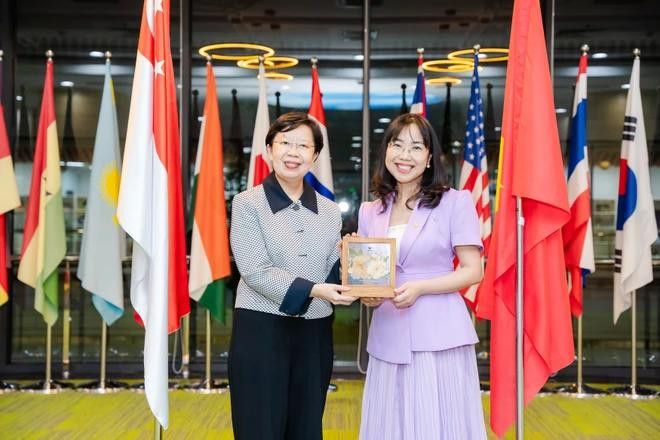
Hanoi (VNA) - Professor Lily Kong, President of the Singapore Management University (SMU), recently delivered a talk on the topic "Singapore: The Making of a Sustainable City-State" at Vin University, during which she shared her country’s experience in sustainable urban development.
Professor Kong not only shared Singapore's successes in transforming this lion city into one of the world's greenest, cleanest, and safest cities, but also highlighted the potential for collaboration between the two nations through university partnerships and cooperation between academia and industry.
She said Singapore's experience is that urban construction is also the building of society, with the goal of bringing a comfortable and safe life and ensuring environmental sustainability.
In the 1970s, Singapore was a difficult place to live, with areas where one apartment housed more than 50 people with 11 households. Therefore, the Government determined that solving the housing problem for people is a core factor that needs to be given top priority. Accordingly, the Government has built social housing to sell to people at lower prices compared to the market price or to rent to people if they cannot afford it. Related policies need to be taken into account, such as support for the elderly, and those who need financial support. Currently, 80% of Singaporeans live in these apartments, Kong stated.
Assessing Vietnam at a key and pivotal stage when it is building new residential areas, Professor Kong stressed that this is the most appropriate time to implement the building of truly green and sustainable urban areas.
Green development must be a focus throughout the implementation process because once construction is completed, it is very difficult to rebuild to get the desired results, she noted. Vietnam must determine what are the most essential and urgent problems to be solved, like Singapore identifying housing for people as its prerequisite problem.
According to Prof. Kong, Vietnam has active support from the State, businesses and research universities. Each side has different strengths and these parties need to cooperate with each other to create synergy.
Universities will contribute ideas to the Government and businesses, while the latters work together to build institutions, creating conditions for private enterprises to promote their role. Businesses must focus on the common interests of the whole community, instead of just profit.
Regarding coordination of universities, Kong said that they will have an important role in training and research, and directly contribute solutions for better urban planning and management.
The Singapore Management University and VinUni have signed cooperation agreements in training and research of students as well as jointly building post-graduate programmes so that working people can improve their knowledge. The talk with Professor Lily Kong was one of the activities aligned with the goals of Vietnamese conglomerate Vingroup and VinUni in contributing to the green and sustainable development of Vietnam.
From 2024 to 2030, VinUni has collaborated with the central province of Khanh Hoa and Nha Trang City in the province to develop the Green Transformation and Green Growth Project, with Nha Trang City as the pilot model.
The SMU is one of the most prestigious universities in Asia, thanks to its groundbreaking and innovative approach to education./.
